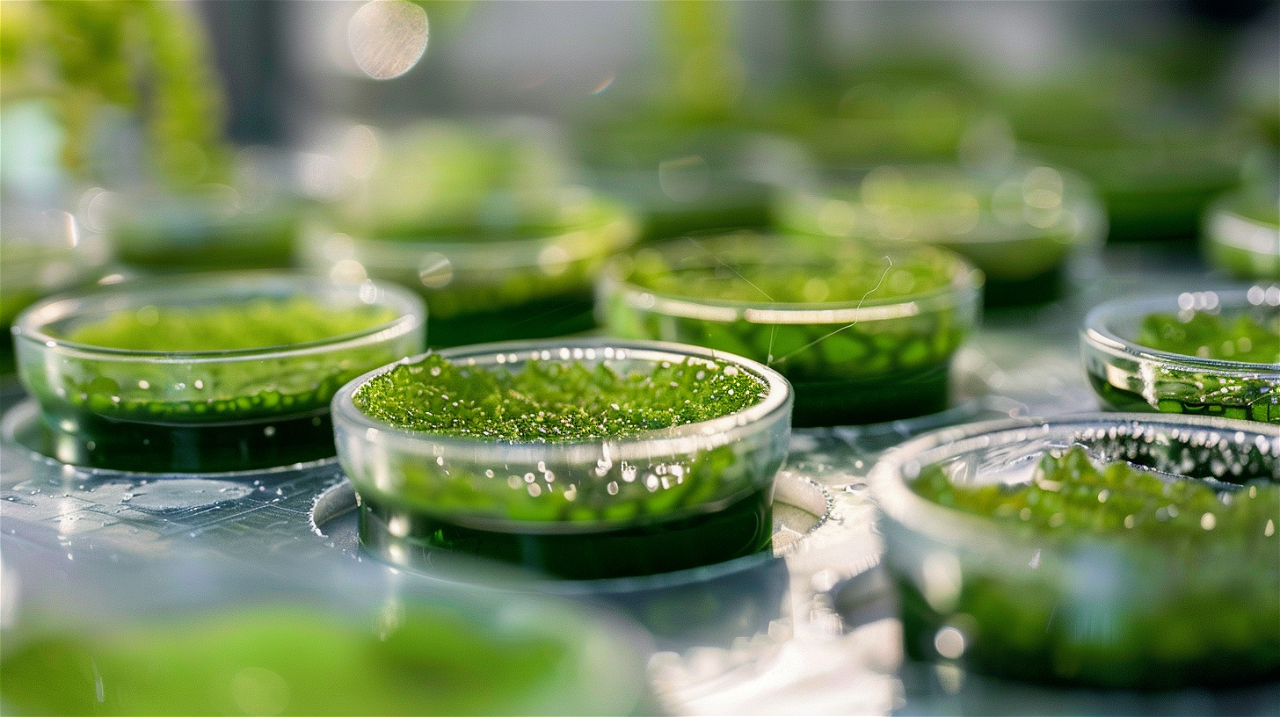
Microalgae are microscopic aquatic organisms, often single-celled, that are fundamentally different from the seaweed we might be familiar with. Unlike higher plants, they lack roots, stems, and leaves. But what they do have is the remarkable ability to photosynthesize, converting sunlight into energy. They exist in a wide range of aquatic environments, from freshwater to saltwater, making them a versatile and adaptable food source.
The Protein Powerhouse: Chlorella Growth Factor (CGF)
Scientists at CSIR-Indian Institute of Chemical Technology (IICT) have been exploring the potential of the Chlorella Growth Factor (CGF) derived from the microalgae Chlorella sorokiniana. CGF is a protein-rich extract packed with essential amino acids, the building blocks of protein that our bodies cannot synthesize on their own.
More Than Just Protein: A Multi-Benefit Supplement
The benefits of CGF extend beyond just protein content. Studies suggest it may promote overall health, immunity, and well-being. This is because CGF is loaded with a variety of other health-promoting compounds, including peptides, nucleotides, polysaccharides, vitamins, and minerals.
Sustainable Solution for the Future
One of the most exciting aspects of microalgae as a protein source is their sustainability. They require minimal space and resources compared to traditional crops like soy.
The researchers at IICT have developed methods for cultivating Chlorella sorokiniana using a special nutrient mix to maximize its protein content.
Beyond Human Consumption: Source of Protein for Animals
The promise of microalgae extends to animal feed as well. Studies have shown that CGF can enhance egg quality, suggesting its potential as a superior protein supplement for animal nutrition. This could have a significant impact on the overall efficiency and sustainability of our food production systems.
The Future of Microalgae Protein
While further research is needed to optimize production methods and explore large-scale applications, microalgae like Chlorella sorokiniana hold immense potential as a sustainable and healthy protein source for humans and animals alike. With its impressive amino acid profile, health-promoting properties, and minimal environmental footprint, microalgae could very well be a key player in feeding the future.
















